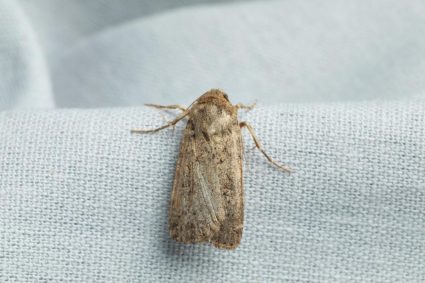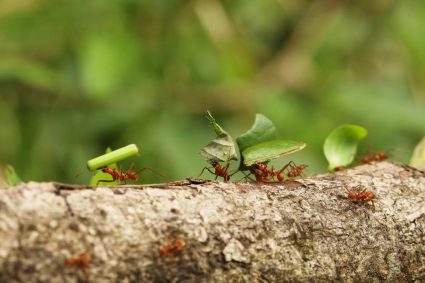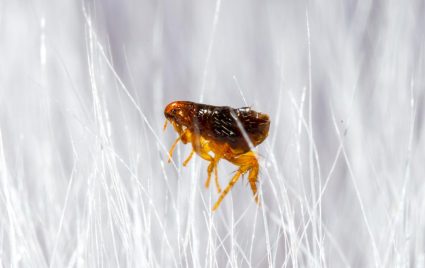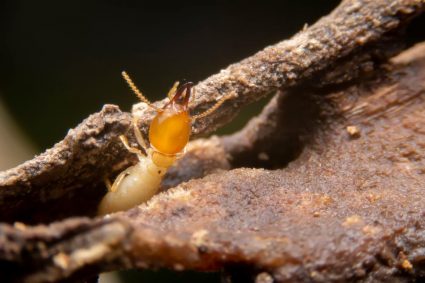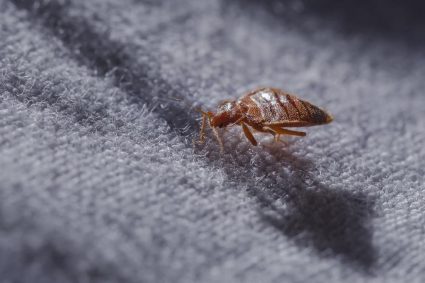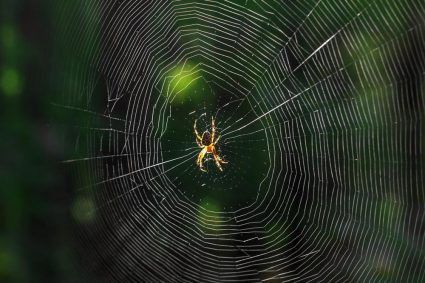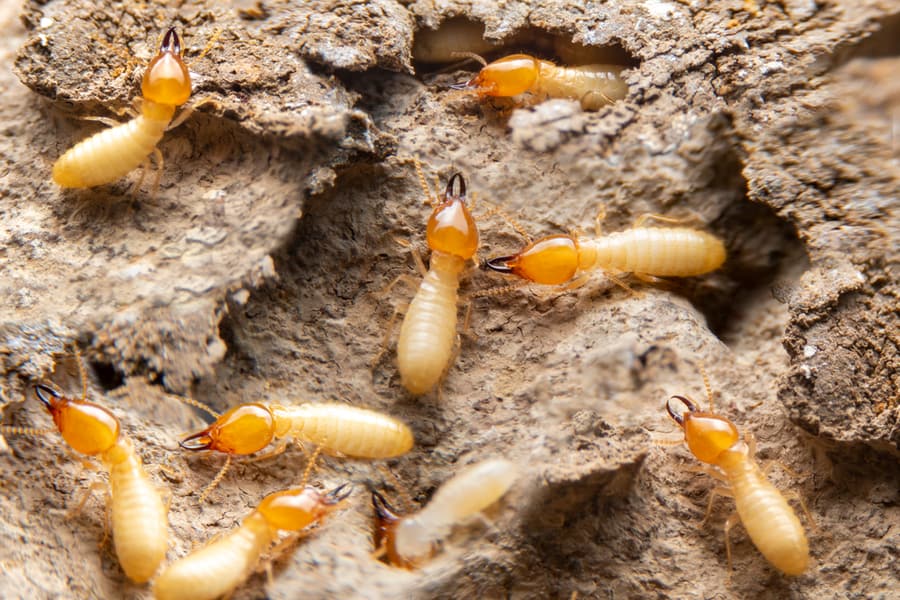
Termites attack is challenging to handle but possible. They could be the biggest threat to any of your wooden structures.
They could cause significant damage to ceilings, floors, furniture, carpeting, and even to whole buildings, eventually ruining your belongings to collapse.
Termite invasion is a universal problem, and you might be interested in finding ways to eliminate it in reasonable practices.
To your utmost pleasure, there are various remedies and tricks that termite hate, and they can effectively ban termites’ entry into your home.
The article will briefly explain some organic, eco-friendly, and budget-friendly approaches that prevent termites from entering your places.
Termites primarily manifest and grow in damp places; their favorite climate to grow is improper drainage, leaky pipes, and poor airflow.
Well, they hate some household items in your kitchen and surroundings. However, these items are non-toxic and easily accessible, so you would not mind using these easy and enjoyable tips to prevent termites from entering your dwellings and disrupting your lives.
Severe termite infestations can seriously damage house walls and other wooden structures.
Natural objects like sunlight, nematodes, salt, and essential oils are enough to keep termites at bay. These do not harm human, plant, or animal well-being but only resist termites to destroy your wooden furniture and other structures.
The article’s next section will briefly explain the six most effective remedies that termites hate the most. Then there will be final takeaways and frequently asked questions about termites.
6 Things That Termites Hate the Most
Termites are undesirable invaders in your homes, offices, and outdoor spaces. Finally, you might get tired of pesky termite infestations.
Continue reading to find what termites hate the most and how you can eliminate them.
Below are the six most effective ways to prevent termites.
1. Sunlight
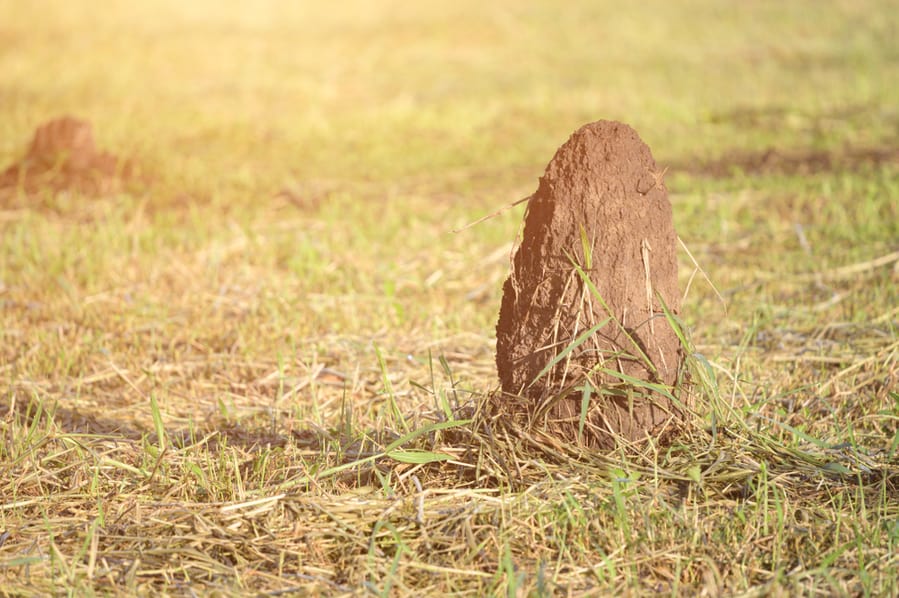
Yes, it’s that simple. Termites hate sunlight. Termites might like to be your uninvited family member, but an inexpensive natural source like sunlight can save your belongings from disasters caused by termite invasion.
Bright sunlight and heat exposure cause them to die. Wanting to prevent your furniture from termite, expose it to direct sunlight for consecutive 3-5 days. These can’t thrive in it and, eventually, leave your households.
2. Essential Oils
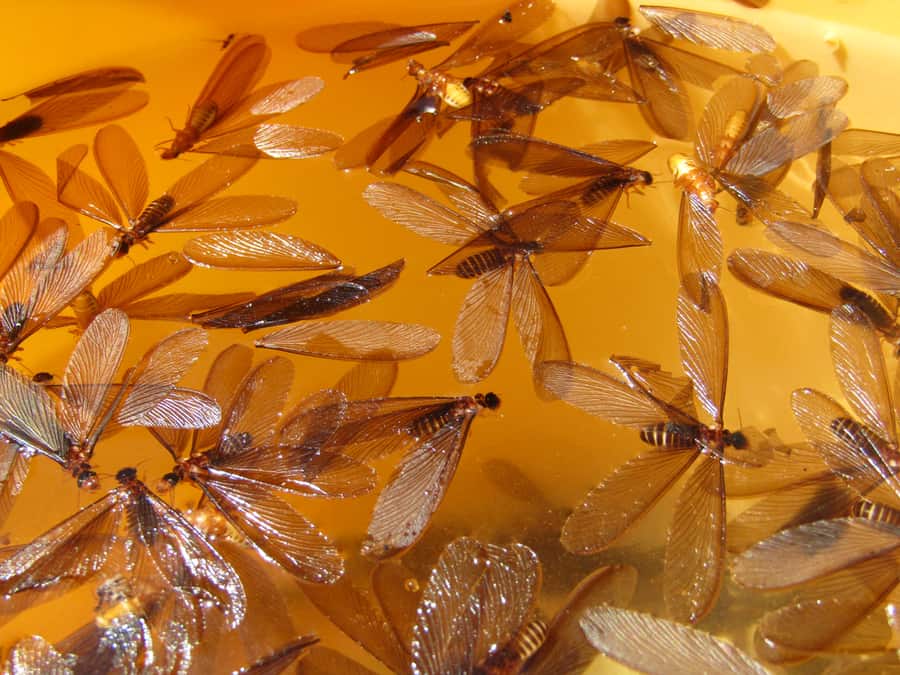
Termites don’t like the smell of essential oils and repel the scent of famous tea tree oil, methyl salicylate or wintergreen oil, cinnamon oil, and clove bud oil.
They don’t have noses to smell but antennae that detect pheromone scent trails left by other termites to inform others about a food source.
- Make an oil-water solution by mixing 5-10 drops of oil in a water gallon.
- Fill the solution in a mist sprayer.
- Spray the suspension directly on affected areas to repel termites.
3. Human Hair
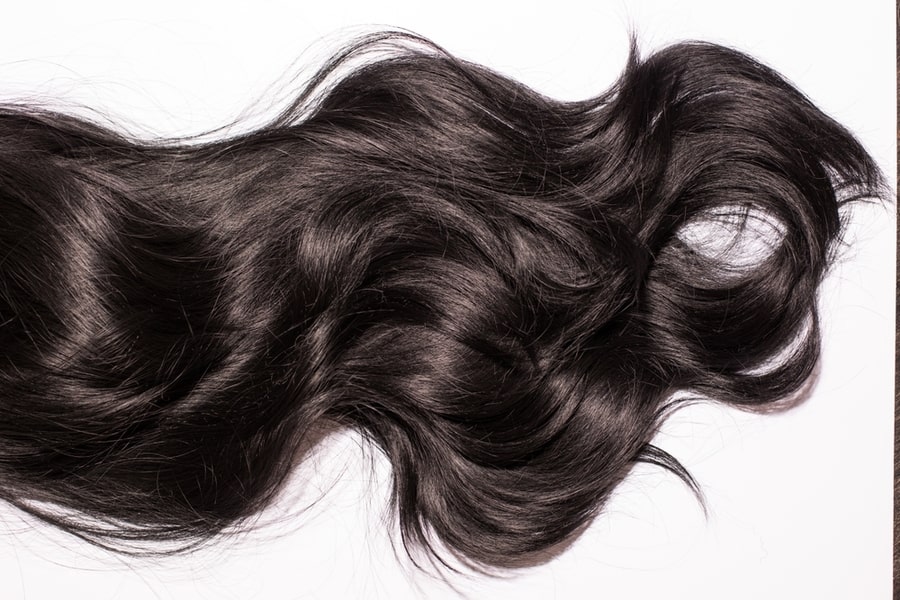
Human hairs are very effective for repelling termites. Sounds strange? But that’s a fact.
Termites hate human hair because it contains dead skin cells and flakes that termites can’t digest, thus making it an ideal, easy-to-use, and no-cost approach for banning the entry of these pesky insects.
- Take a thick layer of hair and place it on the infested area.
- Leave it on for someday, and the results will be great.
4. Alkaline Substances
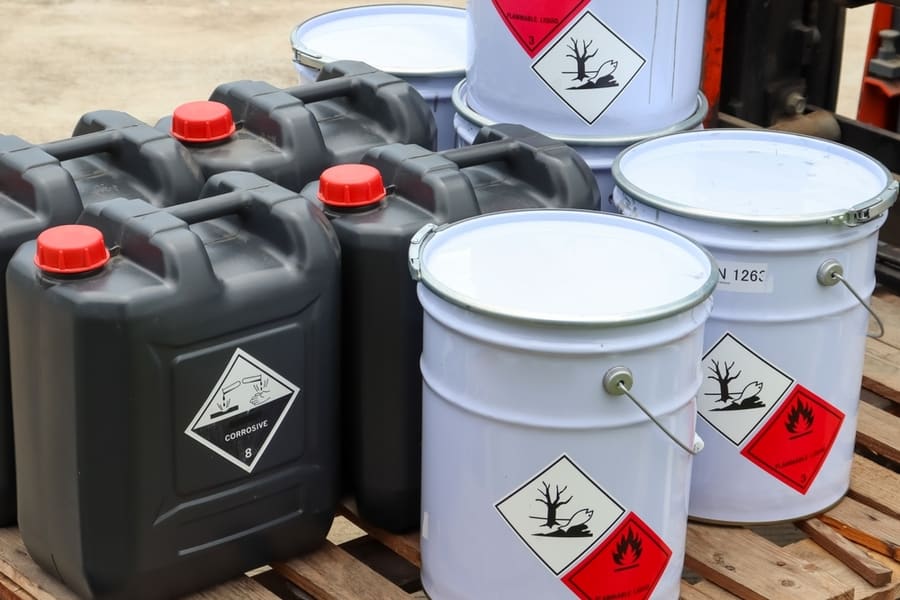
Are you planning to design some wooden buildings? Wood ashes are there to help you prevent termites attack.
Ashes from burnt wood have the alkaline substances that termites hate. Termites also don’t like lime and vinegar, which have alkaline properties.
5. Nematodes
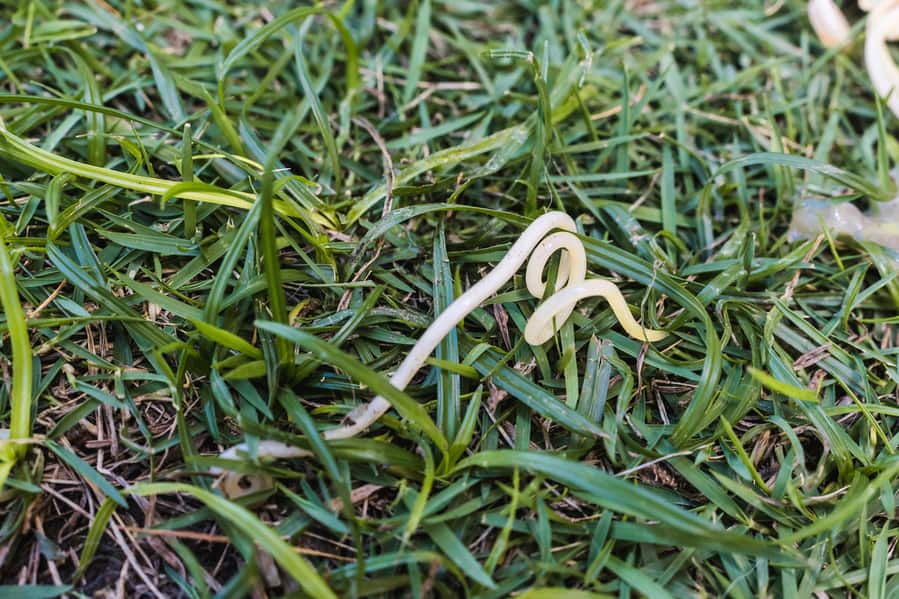
Have you ever heard about nematodes? Termites hate these microscopic roundworms because they feed on termites and help control subterranean termites and other insects biologically.
The positive aspect of these little beings is that they are not dangerous to humans, plants, and animals.
- It will help if you have a watering can, hose end sprayer, backpack, or pump sprayer.
- Mix Nematodes into the water and gently spray the affected area.
6. Salt

This essential kitchen ingredient could be very effective against termites; this is another thing that termite hate. They don’t enter places or pathways with salty surfaces or soil.
When termites make their way into the saline solution, it dehydrates them, eventually leading to death. But, with this easy and suffer-fast remedy, you can prevent termites entry into your houses.
- Mix equal parts of salt in warm water.
- Fill in a strange and apply directly to the areas where termites are suspected of entering; the more saline solution, the most effective results will be.
These approaches may exterminate termites at home and prevent damage to your precious belongings, but these have limitations.
They are a short-term solution; thus, in case of severe termite invasions, it is recommended to call for the help of professional pest control companies for effective termite treatments.
Takeaway
Termites will never stop eating your wooden structures as they feed on wood to survive. They invade your dwellings and destroy your belongings.
However, they hate a few things like sunlight, alkaline substances, human hairs, salt, vinegar, and essential oils.
These objects are handy for every person and effectively prevent termites entry into your lodgings by starving them to death.
Frequently Asked Questions
Can Termites Come Back?
Yes! Termites can come back. Some preventive measures like stopping water from resting around your home, cutting bushes, and removing termites’ food near your property help prevent termites from coming back.
Are Termites Harmful to Humans?
Termites play havoc with your belongings but have not shown any severe damage to human health. Its bite or sting is not toxic.
However, prolonged exposure to its infestations or inhaling dust from termite droppings can cause a few people allergic reactions and respiratory problems.


